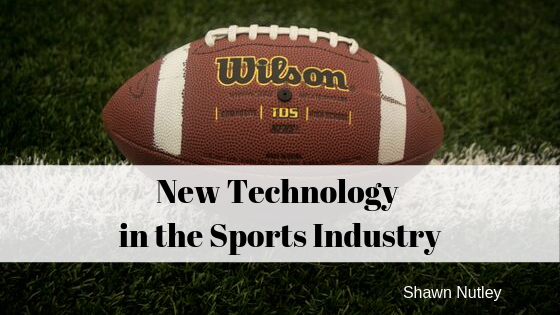As technology is gradually creeping into virtually every area of our life today, the sporting industry has not been left behind. Various sporting technologies have been rolled out in a market as a means to an end. The need to achieve perfection, efficiency, and precision in the way we engage in sports has led to the conception of various types of technologies used in the sporting industry. These technologies have had a huge impact on the way we train, referee, and administer various sporting events. Here is an overview of the game-changing sporting technologies in use today.
Sensor Technology
Sensing tools and applications have been incorporated in various sports, including soccer, cricket, basketball, tennis, and virtually every other relevant indoor and outdoor event. In soccer, for example, sensors are incorporated in every football pitch to autonomously recognize the position of a ball in reference to the goal line. This sensor technology enables the referee to determine whether a goal has been scored accurately. In other sports, such as cricket, similar sensor technology can analyze the sounds produced by the ball and the bat, thereby accurately gauging whether a player has successfully hit the ball.
Instant Replay Technology
This is perhaps the most widely used technology in virtually every sporting event. It enables referees and television viewers to make an immediate replay of a given snippet during live action. The instant replay technology is even more useful to gaming administrators and referees in determining whether certain events that went unnoticed are a fair play or not. The technology was first rolled out in soccer and has proved a game-changer in enforcing accuracy in decision-making.
RFID Technology
The Radio Frequency Identification (RFID) technology is particularly useful in determining and referencing the location of an individual relative to a given area. RFID chips are used as tags during various contesting events, such as marathons, to pinpoint the actual location of athletes. Its multiple applications include enforcing security by monitoring the performance of the athletes. The RFID tech is also good in ensuring accuracy in decision-making by determining whether the athletes adhere to a given preset path or not.
Sporting Equipment technology
Technology is also largely used to advise the development of accurate sporting equipment and tools. The sporting gear that we use today, including the jerseys, shoes, and balls, are as a result of progressive research, development, testing, and optimization for performance and player comfort.

